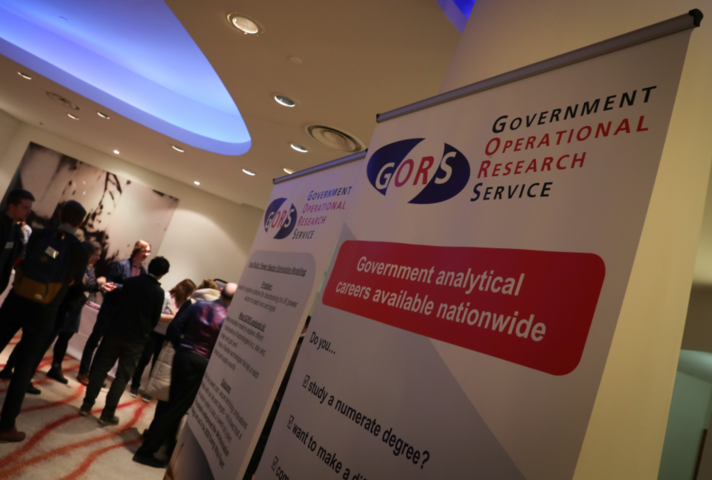Government Operational Research Service
Research Service
Featured
About us
About
Using scientific and mathematical techniques to find better solutions to complex management problems and improve decision making in government.

Working for GORS
Recruitment
How to apply for jobs as an Operational Researcher in the Civil Service.

GORS Professional Behaviours
Guidance
Understand the behaviours which are used to assess the technical skills of Operational Research (OR) analysts in Government.

GORS Career Stories - Jonathan
Case study
Read about Jonathan’s journey in GORS in his own words.

Latest from the Government Operational Research Service
What we do
Using scientific and mathematical techniques to find better solutions to complex management problems and improve decision making in government.
GORS is part of the Civil Service and the Cabinet Office.
Follow us
Documents
Contact GORS
General Enquiries
100 Parliament Street
London
SW1A 2BQ
United Kingdom
Make an FOI request
- Read about the Freedom of Information (FOI) Act and how to make a request.
- Check our previous releases to see if we’ve already answered your question.
Corporate information
Jobs and contracts